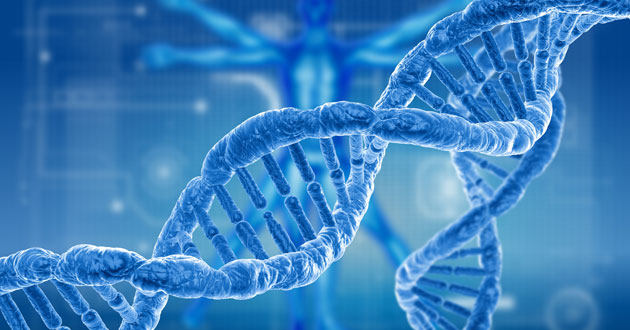
CSIR’s genome sequencing could be a solution to the problem of rare genetic diseases
 In what can be considered as a path-breaking development, The Council of Scientific and Industrial Research (CSIR) recently announced the conclusion of a six-month exercise of conducting a “whole-genome sequence” of 1,008 Indians. The genome project may result in path-breaking developments in the fight against rare diseases.
In what can be considered as a path-breaking development, The Council of Scientific and Industrial Research (CSIR) recently announced the conclusion of a six-month exercise of conducting a “whole-genome sequence” of 1,008 Indians. The genome project may result in path-breaking developments in the fight against rare diseases.
The sequencing was done as a part of a project called IndiGen, implemented by Delhi-based Institute of Genomics and Integrative Biology (IGIB) and Hyderabad-based Centre for Cellular and Molecular Biology (CCMB). According to the project proponents, this will widen public understanding in India about genomes and the information that genes hide about one’s susceptibility to disease.
The genome sequencing project
A genome is a person’s complete set of DNA, including all genes with DNA base pairs. Most of the DNA is in the nucleus and intricately coiled into a structure called the chromosome. The rest is in the mitochondria, the cell’s powerhouse. Every human cell contains a pair of chromosomes, each of which has three billion base pairs or one of four molecules that pair in precise ways. The order of base pairs and varying lengths of these sequences constitute the “genes”, which are responsible for making amino acids, proteins and, thereby, everything that is necessary for the body to function. It is when these genes are altered or mutated that proteins sometimes do not function as intended, leading to disease.
Sequencing a genome means deciphering the exact order of base pairs in an individual. Not only that but also genome sequencing will also lead to precision medication, instead of clinicians giving drugs based on collective knowledge. CSIR, first sequenced an Indian genome in 2009. But it is only now that the organisation’s laboratories have been able to scale up whole-genome sequencing and offer them to the public.
The CSIR drafted about 1000 youth by organising camps in several colleges and educating attendees on genomics and the role of genes in the disease under Indigen. Some participants donated blood samples from where their DNA sequences were collected. The “IndiGen” project, as it is called, selected the 1,000-odd from a pool of about 5,000 and sought to include representatives from every State and diverse ethnicities. “With specific information on the Indian gene pool, genome sequencing can go a long way as a prognostic and diagnostic tool and bring down treatment expenses of individuals,” says Sivasubbu, a scientist at IGIB.
This is the first time where a large sample of Indians will be recruited for a detailed study. The project ties in with a much larger programme funded by the Department of Biotechnology to sequence at least 10,000 Indian genomes. The participants, whose genomes are sequenced will be getting a report. They would also be informed if they carry gene variants that make them less responsive to certain classes of medicines. “The in-depth reports, however, can be accessed only through consultation with the clinician,” says Sivasubbu. He adds that the gene data will be stored in highly-secured supercomputers and the IndiGen cards will be made anonymous. Thus, even if one loses the card, the person’s genetic information will not be compromised.
CSIR is planning to train more clinicians for gene data interpretation and rope in more labs for sequencing. “Apart from IGIB and CCMB, National Institute of Biomedical Genomics in Kolkata and Indian Institute of Science in Bengaluru will also be part of the IndiGen project. We are also training more physicians to study medical genetics for speedier analysis,” says CSIR director-general Shekhar C Mande.
At present, the project is free in so far as the CSIR scientists have a certain amount of money at their disposal. The driving motive of the project is to understand the extent of genetic variation in Indians and learn why some genes linked to certain diseases based on publications in international literature do not always translate into the disease. Once such knowledge is established, the CSIR expects to tie up with several pathology laboratories who can offer commercial gene testing services.
Source: The Hindu, Economic Times.